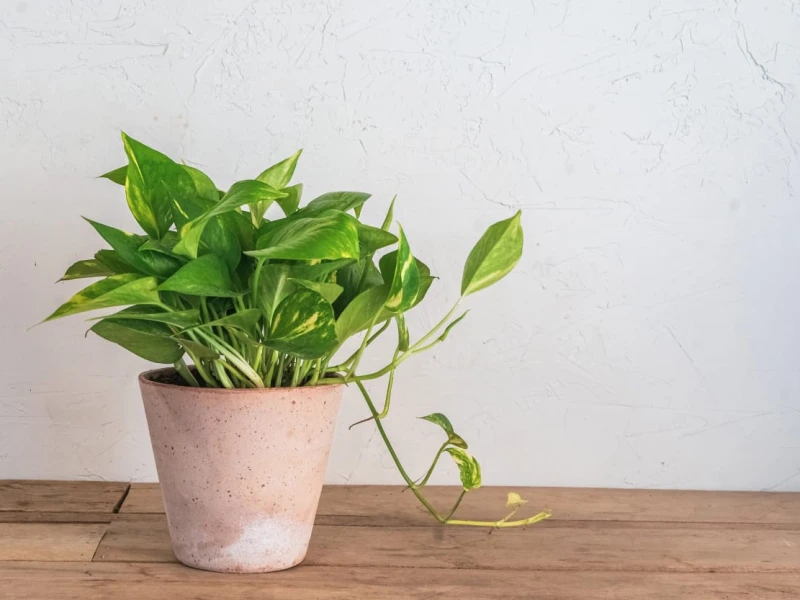The humble pothos, better known locally as the money plant, is a fixture in many Bangladeshi homes and offices.
Now, it is gaining attention for a less familiar reason: its ability to soak up harmful chemicals from indoor air.
Researchers say the hardy climber, scientifically called Epipremnum aureum, can help reduce volatile organic compounds such as benzene, formaldehyde and toluene — pollutants commonly released from paints, furniture, plastics and cleaning products.
These chemicals are known to cause respiratory problems and, with long-term exposure, even cancer.
Still, experts caution against exaggerating its role. “One or two pots of pothos won’t make your home toxin-free,” said a Dhaka University botanist. “They can help, but they don’t replace ventilation or air purifiers.”
*From ornament to air filter*
In a city like Dhaka, where smog and dust cloud the skyline, pothos has long been loved as an easy-to-grow ornamental. People drape it from balconies or let it climb on bamboo poles indoors. Now, scientists suggest that the glossy green leaves are doing quiet work beyond decoration.
*Myths versus science*
Many households also treat pothos as a symbol of good fortune, which earned it the name “money plant.” Some have even come to believe it has anti-cancer powers. But scientists make it clear: pothos is not a cure or a medicine. At best, it reduces everyday exposure to carcinogens in the air.
*A small step in a polluted world*
The NASA Clean Air Study, often cited on this subject, found that plants like pothos can indeed filter pollutants. But the effect is modest unless dozens of plants are kept indoors. Still, in cities where people struggle to breathe clean air, even modest steps count.
For many, the pothos remains a green patch of hope in concrete surroundings. It cannot cure disease, but in its quiet way, it helps us breathe a little easier.


 Prev Post :
Prev Post :
